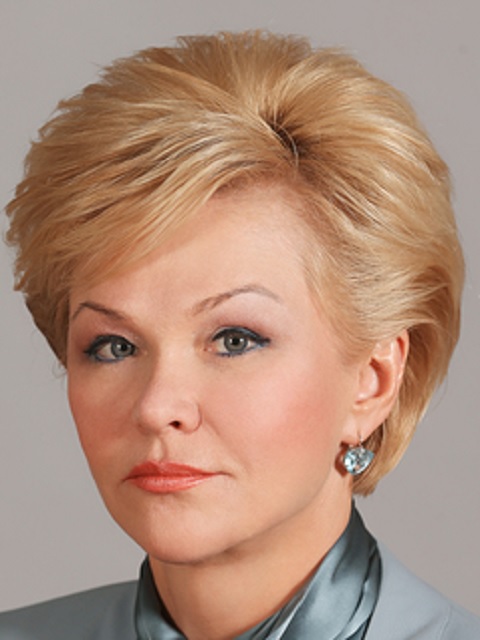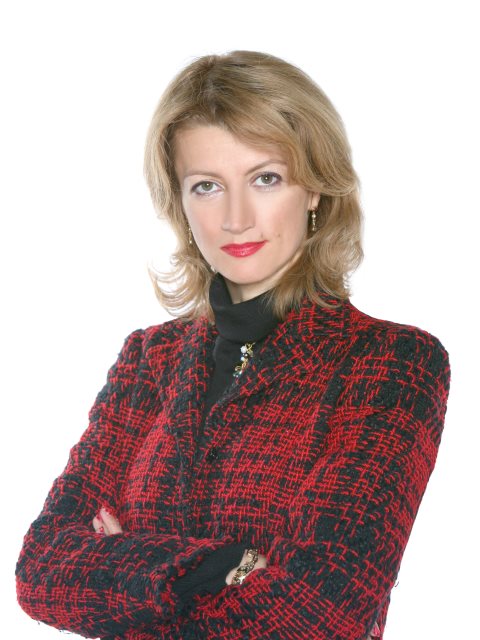Life Course Immunization: Investing in the Future
Immunization saves 2 to 3 million lives annually. In developing nations, vaccinations reduce the burden of a number of infectious diseases, making it one of the most effective types of investment in healthcare. The WHO says the use of vaccines can limit the spread of antibiotic resistance. However, according to recent studies, bacterial viruses could be a serious alternative to the use of antibiotics. Healthcare strategies are transforming and there have been changes in the amount invested in different areas of biomedicine. In recent years, many innovative vaccines have appeared that aim to prevent disease and maintain the health of the adult population since a weakened immune system is an inevitable part of ageing. A logical consequence of this has been the emergence of the concept of ‘life course immunization’, which is actively used in developed countries and aims to create a unified integrated approach to human vaccination throughout life. In addition, more and more charitable funds are being created to provide children and adolescents with vaccines. How can we ensure multilateral communication and trust in implementing immunization programmes? How can the prevalence of antibiotic resistance be controlled with vaccines? How can we improve the quality of vaccines in developing nations? Can bacterial viruses become an alternative in the fight against infectious diseases? Could lifelong vaccination become the new norm along with a healthy diet and not smoking?
Moderator
Ayrat Farrakhov,
Deputy, Member of the Committee on Budget and Taxes, State Duma of the Federal Assembly of the Russian Federation
Panellists
Julie Gerberding,
Executive Vice President, Strategic Communications, Global Public Policy and Population Health, Chief Patient Officer, MSD
Anna Popova,
Head, Federal Service for the Oversight of Consumer Protection and Welfare (Rospotrebnadzor)
Vinay Patrick Saldanha,
Director, Regional Support Team for Eastern Europe and Central Asia, UNAIDS
Tatyana Yakovleva,
First Deputy Minister of Health of the Russian Federation
Front row participants
Oleg Dubyansky,
Vice President, GlaxoSmithKline Russia
Leila Namazova-Baranova,
Chair of the Executive Committee, Union of Pediatricians of Russia
Guillaume Haushalter,
General Manager for Russia and Belarus, Sanofi Pasteur
Vladimir Khristenko,
President, Nanolek












